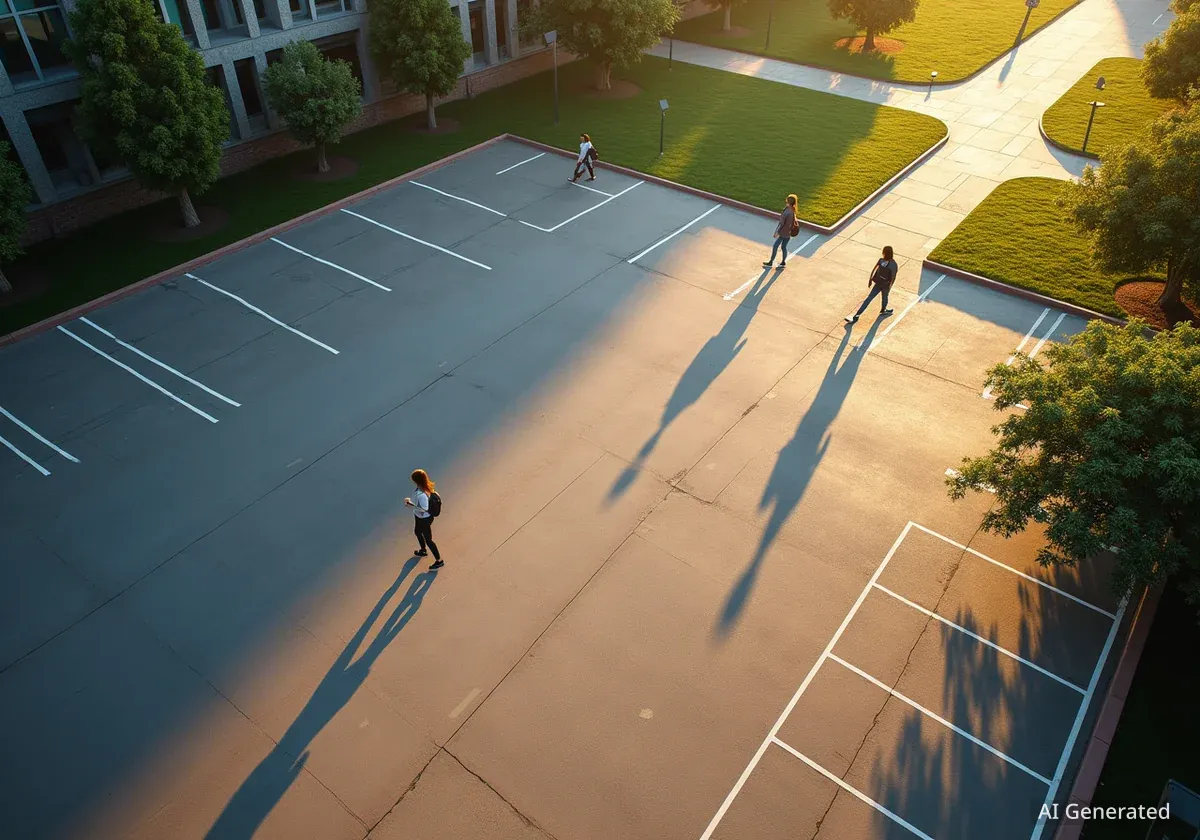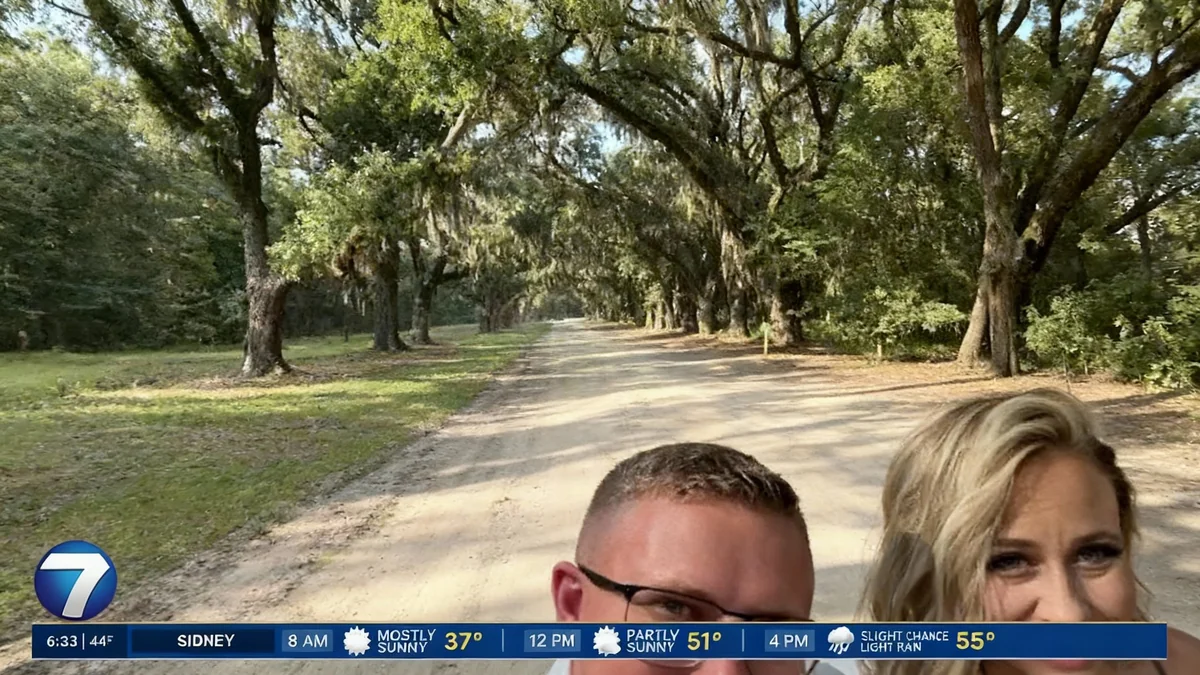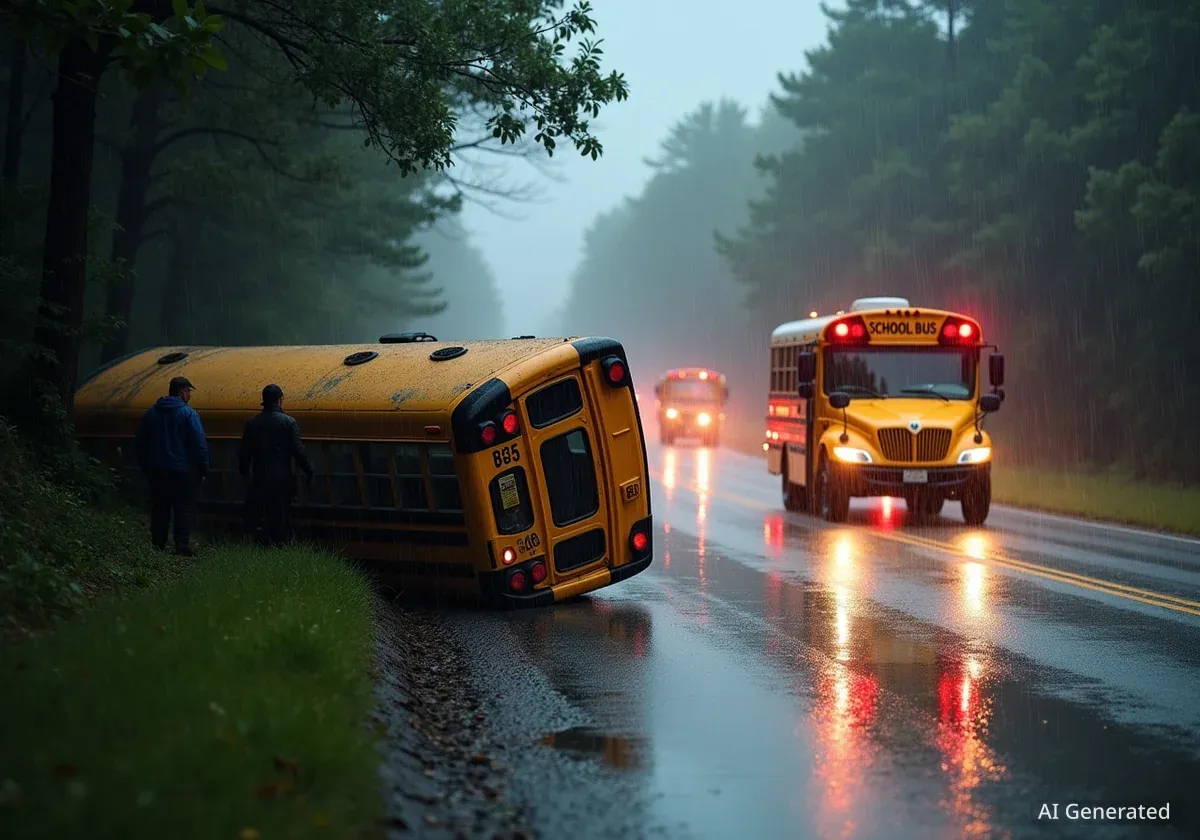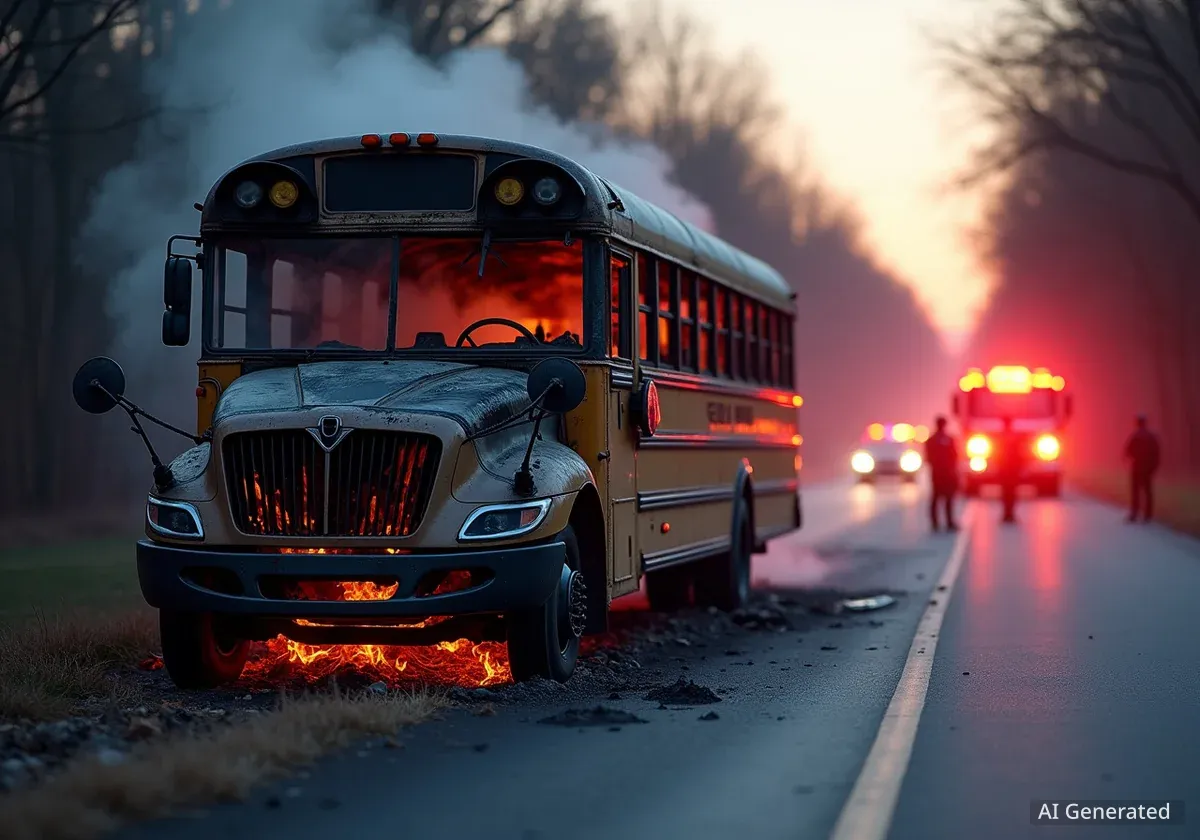Clemson University has announced a new policy that will prohibit first-year students from bringing cars to campus starting in the fall of 2026. The decision, aimed at alleviating significant parking shortages, comes as the university grapples with record enrollment numbers and ongoing campus construction projects that have reduced available parking spaces.
The measure was introduced by Doug Hallenbeck, the university's vice president for student affairs, during a board of trustees meeting on October 16. Officials stated the policy is necessary to manage campus congestion while long-term parking solutions are developed.
Key Takeaways
- New Rule: Freshmen will not be allowed to have cars on campus beginning in the fall of 2026.
- Reasoning: The ban addresses parking shortages caused by record student enrollment and the loss of parking lots to new construction.
- Affected Students: The policy applies to all incoming first-year students and those in the Clemson Bridge program at Tri-County Technical College.
- Infrastructure Lag: A new 1,200-space parking garage is under construction but will not be completed until the fall of 2027, a year after the ban takes effect.
- Alternative Transit: The university plans to expand its bus services to compensate for the lack of personal vehicles for students.
A Response to Unprecedented Growth
Clemson University's decision is a direct response to the pressures of its own success. The institution has seen a surge in popularity, receiving a record 64,805 applications for the current academic year and enrolling 5,084 new students.
This rapid growth, combined with numerous campus building projects, has severely strained the university's parking infrastructure. Existing parking lots have been repurposed for new academic buildings and facilities, outpacing the creation of new parking spots.
Delayed Parking Solution
To address the parking deficit, Clemson is constructing a new six-story parking deck on Perimeter Road. However, this facility, which will provide 1,200 new spaces, is not scheduled to open until the fall of 2027. The freshman car ban is intended to serve as a bridge solution to manage parking demand until the new garage is operational.
During the trustees meeting, Doug Hallenbeck explained the rationale behind the timing. "As we continue to kind of move toward university growth, this will allow us to be able to take some of the pressure off," he said. He also noted a potential benefit: encouraging students to remain on campus. "We'll also provide us an opportunity to have more students here on the weekends."
Policy Details and Student Impact
The new rule will be implemented for the entering class of fall 2026. According to Hallenbeck, approximately half of Clemson's current freshmen bring vehicles to campus, a figure that has been declining annually. University officials do not anticipate that the new restriction will negatively affect application numbers.
Who is Affected?
- All incoming first-year students for the fall 2026 semester and beyond.
- Students enrolled in the Clemson Bridge program, a transition program hosted at the nearby Tri-County Technical College.
The university has confirmed that exceptions will be considered for students with special circumstances, though the specific criteria for these exceptions have not yet been detailed. All students currently applying for admission in fall 2026 will be formally notified of the new parking policy on October 20.
A Common Practice Among Peers
Clemson's move aligns it with a growing number of universities managing spatial constraints. Hallenbeck pointed out that more than a third of Clemson's peer institutions in the Atlantic Coast Conference (ACC) already have similar parking restrictions for first-year students.
Enhancing Campus Transportation
Recognizing the need for reliable transportation alternatives, Clemson plans to bolster its transit system. The university intends to increase the frequency and routes of its bus lines to better serve students both on and off campus.
These enhancements will include expanded service to nearby areas and improved connections to regional airports, ensuring students can travel home or out of town without needing a personal vehicle.
"We got more people than we know what to do with," remarked Clemson trustee Joe Swann, underscoring the enrollment boom that is driving many of the university's current infrastructure challenges.
The conversation among trustees also touched on future possibilities. Nikki Haley, a permanent trustee, noted that many peer institutions extend parking restrictions to sophomores as well. Hallenbeck stated he would present more comprehensive data on the university's parking situation at the board's February meeting, suggesting the policy could be revisited or expanded in the future.





